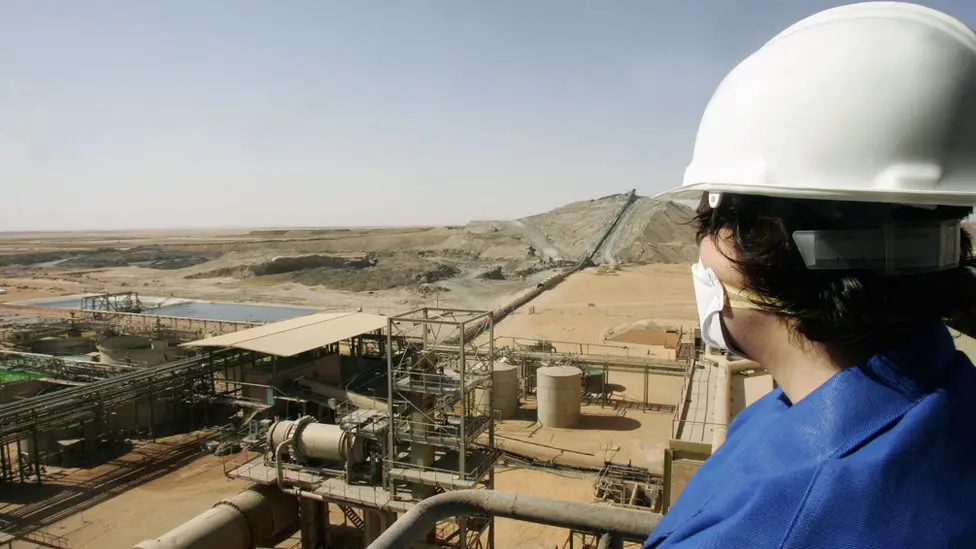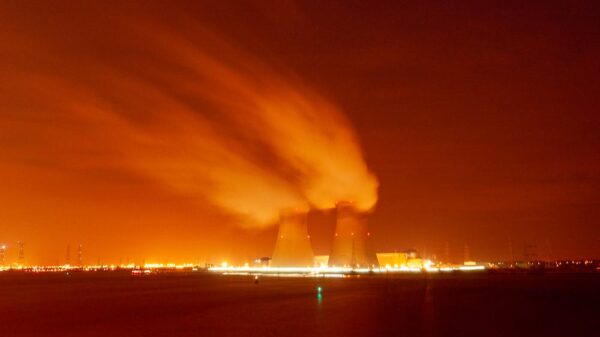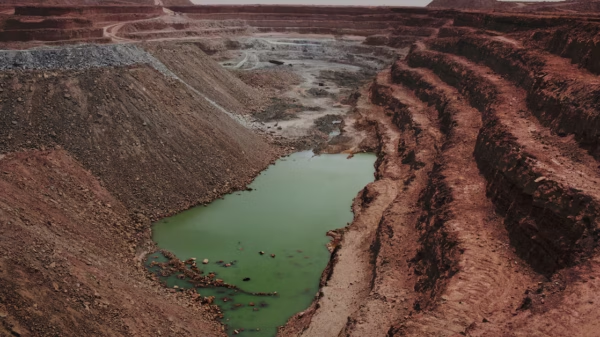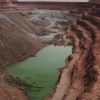The Government of Niger plans on nationalizing an Orano uranium mine that’s 90 per cent owned by the state of France.
On Friday, the company said that Niger’s military junta’s planned takeover of the Somair mine is part of its “systematic policy of stripping mining assets,” and has threatened to fight it in court.
The military government seized power in a 2023 coup and pledged to review all mining concessions. A day earlier, it announced plans to take control of the Somair mine. The government accused Orano of taking a disproportionate share of uranium produced at the site. Orano holds a 63 per cent stake in Somair. Niger’s state-owned Sopamin owns the remaining 37 per cent.
Additionally, officials claimed Orano had taken 86.3 per cent of the mine’s uranium between 1971 and 2024. They said this share far exceeded what its stake justified. Also, the government framed the move as part of a broader effort to assert national control over resources.
“Faced with the irresponsible, illegal, and unfair behaviour by Orano, a company owned by the French state, a state openly hostile toward Niger since July 26, 2023, the government of Niger has decided, in full sovereignty, to nationalise Somair,” the authorities said on Thursday.
Since taking power, Niger’s military leaders have turned their back on France and pursued closer ties with Russia.
In 2024, they stripped Orano of operational control over its three main mines: Somair, Cominak, and Imouraren. Imouraren holds one of the world’s largest uranium deposits.
Read more: CanAlaska Uranium completes electromagnetic surveys at Frontier Project
Read more: Nuclear stocks surge as Trump signs orders to fast-track deployment
Orano has operated in Niger for 50 years
On Friday, Orano said it would seek compensation for all damages and assert its rights over Somair’s uranium stock. Additionally, Orano has operated in Niger for 50 years and is now engaged in multiple arbitration cases against the country.
Last month, it sued Nigerien authorities after its director disappeared and local offices were raided. Also, Niger’s nationalisation of Somair follows similar actions in Mali and Burkina Faso, where military governments have seized mining assets.
The conflict between France and Niger has deep colonial roots. France colonized Niger in the late 19th century, incorporating it into French West Africa. For decades, it exploited Niger’s resources—especially uranium—while offering minimal economic development in return. After gaining independence in 1960, Niger remained closely tied to France through economic, military, and political agreements.
These ties gradually sparked resentment. France maintained control over strategic industries, particularly uranium mining through companies like Areva, now Orano. Uranium from Niger has long powered French nuclear plants, while most Nigeriens saw little benefit.
Additionally, France’s military presence in the Sahel, including Niger, has faced criticism. While France claimed to help fight terrorism, many locals viewed its presence as neocolonial interference. Anti-French sentiment intensified in the 2010s and 2020s, particularly after military takeovers in Mali, Burkina Faso, and Niger.
In 2023, a coup ousted Niger’s pro-French president. The new military leaders quickly cut ties with France and expelled French troops. They also targeted Orano’s mining operations, accusing France of profiting unfairly.
Additionally, Niger began aligning with Russia, echoing a broader shift across West Africa. The historical imbalance, combined with ongoing economic grievances, has fueled the deepening rift between Niger and France.
joseph@mugglehead.com














